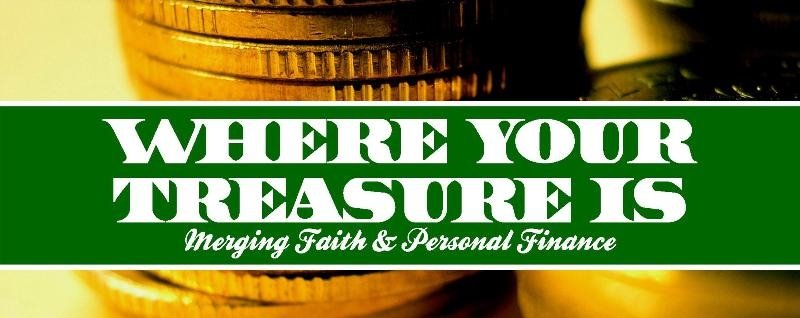
While it is just coincidence, it is odd that the chapter on home mortgages is "chapter 11." So many people default on home loans every year. The numbers are staggering.
While I am certainly no expert on buying a house (I've bought a grand total of...1), I do know a couple of simple facts that one needs to keep in mind when purchasing.
- Don't buy too much house! Many people decide that, since they have 2 kids, they need a four- or five-bedroom house. Then we make sure it's in an upscale neighborhood. Then we make sure we can just move in without having to fix anything. Before you know it, you have a house that it too big and you simply cannot afford the mortgage!
- Figure out the actual cost of owning a home. It's not only the mortgage. If you are paying for the house, you are also paying for all maintanance; and taxes; and lawn care; and additions; and.... well, you get the idea. So many people think, "We can afford $700 a month for a house," and so they get a house that has a mortgage of $700 each month. When the pipes bust, or the lawn needs to be mowed, where's the money going to come from?
Why all this real estate talk? Because the sixth baby step, and the focus of chapter 11, is Pay Off the Home Mortgage.
If you've been following this series, you'll remember that baby step 2 required you to pay off every debt, except the mortgage. Now it's time to rid yourself of that debt, too.
Many people think it is a good idea to keep a mortgage because you get tax help. While that is true to some degree, the tax help is not as big a deal as having no house payment!
If you have a home with a payment of around $900, and the interest portion is $830 per month, you have paid around $10,000 in interest that year, which creates a tax deduction. If, instead, you have a debt-free home, you would in fact lose the tax deduction, so the myth says keep your home mortgaged because of tax advantages.
This situation is one more opportunity to discover if your CPA can add. If you do not have a $10,000 tax deduction and you are in a 30 percent [tax] bracket, you will have to pay $3,000 in taxes on that $10,000. According to the myth, we should send $10,000 in interest to the bank so we don't have to send $3,000 in taxes to the IRS. Personally, I think I will live debt-free and not make a $10,000 trade for $3,000. (page 187)
It is also true that houses--nearly every time--are a great investment. But, if you pay six-figures worth of interest, you have lost much, if not all, the "investment" part of the house.
Of course, paying off your mortgage early will require a great amount of discipline and (here's that word again) focus. But, keep in mind that you have no other debt and you are also no longer feeding your emergency fund--it's fully funded.
You also have your retirement building, and your children's college fund is building (and, depending on how young your kids are, you may build it all the way and be able to "add on" that money to paying off the house!).
So, how do you pay off that major amount of money?
STEP 1: Get a 15-year fixed rate mortgage that equals no more than 25% of your take-home pay. Note a couple of things from this recommendation:
- 15-years. The most common type of mortgage is 30 years. Yes, a 15-year mortgage is more expensive per month, but the amount it saves is amazing. On page 191 of the book, Ramsey illustrates with a $110,000 mortgage at 7%. If it were a 30-year fixed, it would cost about $732/month and you would pay a total of $263,520 over the 30 years. However, if it were a 15-year fixed, you would pay a total of just $117,840 (over $85,000 less), and it would only cost you $256 per month more ($988).
- Fixed-rate. Mortgage rates move up an down, and sometimes quite dramatically. Many people got ARMs a few years ago and are now wishing they hadn't. They have two choices: pay the new, much higher, payment or pay a large fee to refinance. Even if you go with a 30-year, get it at a fixed rate!
- No more than 25% of your take-home pay. I would like it to be more like 20%, just to give some wiggle-room. Especially if you are building up a college fund (or funds!), you simply cannot afford more house than that. One thing Dave doesn't spend much time in the book on, but that he mentions often on his radio show, is that it you need to make a down-payment of at least 20% (and more is always better). The more you pay down, the bigger (and, presumably, nicer) house you can own for this percentage of your income.
STEP 2: Pay off the mortgage faster than 15 years. Attack the mortgage with the same intensity with which you attacked that debt. Squeeze out every extra penny to put on the mortgage. People who truly follow Dave's plan say it takes about 7 or 8 years to pay off a mortgage...
...and then???...can you imagine???
ABSOLUTELY NO MORE PAYMENTS!!!
No comments:
Post a Comment